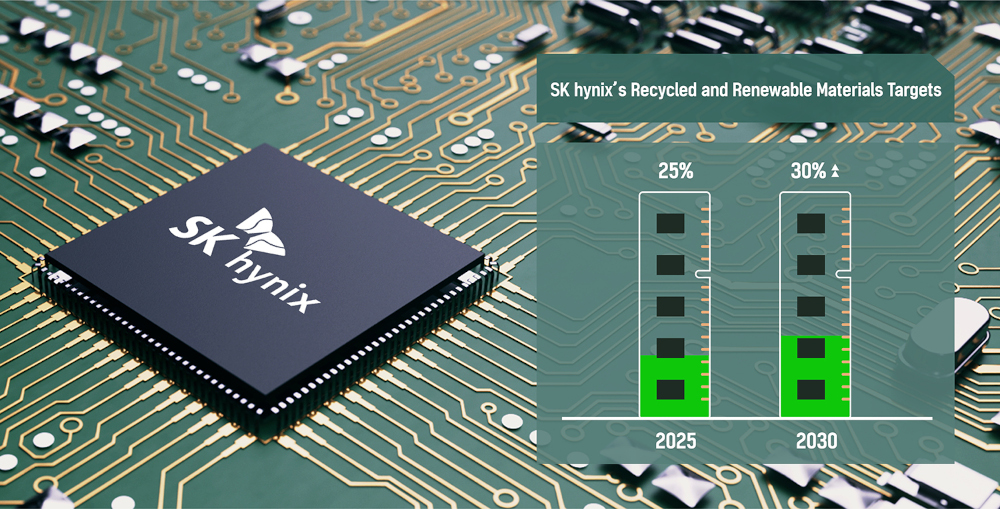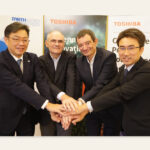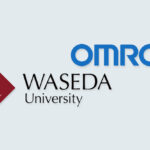ASIA ELECTRONICS INDUSTRYYOUR WINDOW TO SMART MANUFACTURING
SK hynix Unveils Roadmap for Recycled Materials Use
SK hynix Inc. has established a roadmap to actively utilize recycled1 and renewable2 materials in production. This step marks the first for a semiconductor company to have mid- to long-term plan in this area.
“In order to achieve Net Zero, or Carbon Neutrality, establishing a circular economy system centered on resource recycling has become an important task for countries and companies around the world,” SK hynix said. “In line with this trend, we have decided to preemptively establish and faithfully implement the goal of increasing the use of recycled materials in stages.”
Through this roadmap, SK hynix aims to raise the proportion of recycled materials used in the products it currently manufactures. Specifically, it aims to increase it to 25% by 2025 and more than 30% (based on weight) by 2030.

SK hynix’s Recycled and Renewable Materials Targets
As part of the plan, SK hynix will start with essential metals for semiconductor production. Among them include copper, tin, and gold, and replace them with recycled materials. Industry experts point out that metal materials are the most effective when it comes to resource circulation. This is because they account for a large proportion of the weight of finished memory products. Also, they are difficult to replace with other materials.
Additionally, the company also plans to make all-out efforts to promote resource circularity. Among them include replacing the plastic packaging used to protect finished semiconductor products with recycled plastic.
To this end, SK hynix prepared an implementation system for the goals in the roadmap.
Specifically, the company will strengthen certification procedures and quality evaluation for recycled materials purchased directly by the company. Then, it will decide whether to apply the materials included in the parts supplied by business partners. The company will perform this after receiving and reviewing the quality evaluation. In addition, SK hynix plans to encourage its suppliers to join the efforts to obtain validation from publicly trusted external organizations, such as ISO 140213, to verify the use and proportion of recycled materials. In this process, the company will provide its unsparing support to its suppliers if necessary.
“As a company that takes ESG management seriously, we intend to actively participate in the establishment of a global circular economy,” said Junho Song, Vice President and Head of Advanced Quality & Analysis, of SK hynix. “While implementing this roadmap, we will work together with all stakeholders in the semiconductor supply chai. We will include customers and suppliers to achieve practical results.”
1Recycled Materials: Materials extracted, recovered and reprocessed from pre-consumer waste generated in the manufacturing process before arrival at end users or from post-consumer waste disposed of after use.
2Renewable Materials: Sustainable materials that originate from nature and can be regenerated naturally over time, ultimately not depleted (e.g. wood, etc.).
3ISO 14021: Type 2 environmental label established by the International Organization for Standardization (ISO) that manufacturers adopt to declare themselves environmentally friendly.




